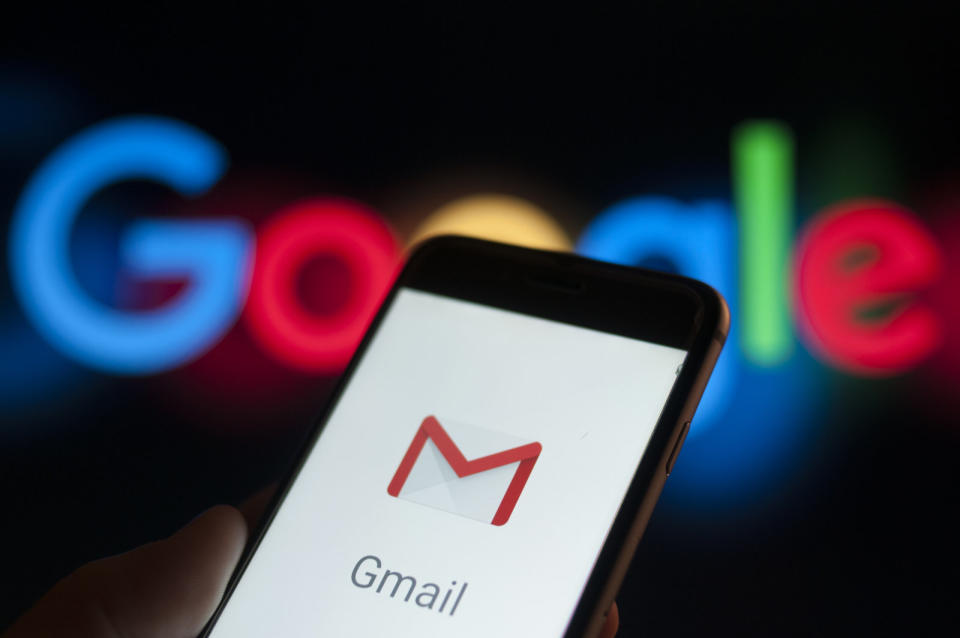Gmail's 'Confidential Mode' arrives on mobile devices
It's not the best solution for privacy, says the EFF.
Google's big Gmail redesign was revealed this past April (with G Suite customers getting the first look). It became default for everyone starting in July. One of the key features, Confidential Mode, is now available for mobile devices, though not everyone is as confident in its ability to keep your data private.
Confidential mode is now available on mobile devices and can help you protect sensitive information from unauthorized access. Learn more about this feature https://t.co/lmQNElH6C1 pic.twitter.com/Nxtx2yU0pG
— Gmail (@gmail) August 16, 2018
Once you've turned on confidential mode for a specific email, you can set an expiration date and passcode so that you can restrict access to the email either in the web interface or via SMS. Recipients of these confidential emails won't be able to copy, paste, download, print or forward the message, and attachments will be disabled.
That doesn't stop anyone from taking a screenshot of your message, however. As Google notes, "Although confidential mode helps prevent the recipients from accidentally sharing your email, it doesn't prevent recipients from taking screenshots or photos of your messages or attachments. Recipients who have malicious programs on their computer may still be able to copy or download your messages or attachments. This feature isn't available for G Suite customers at this time."
The Electronic Frontier Foundation (EFF) digital privacy advocacy group thinks that this new mode isn't secure at all, and might even lend users a false sense of security. Confidential mode is not encrypted end-to-end, so Google could in fact read your messages in transit. In addition, the EFF points out that expiring messages do not, in fact, disappear from your Sent mail, which means they are retrievable. Also, if you use an SMS passcode, you might need to give Google your recipient's phone number (if the company doesn't already have it). That means that Google now has another bit of personal data — an email connected to a phone number.



